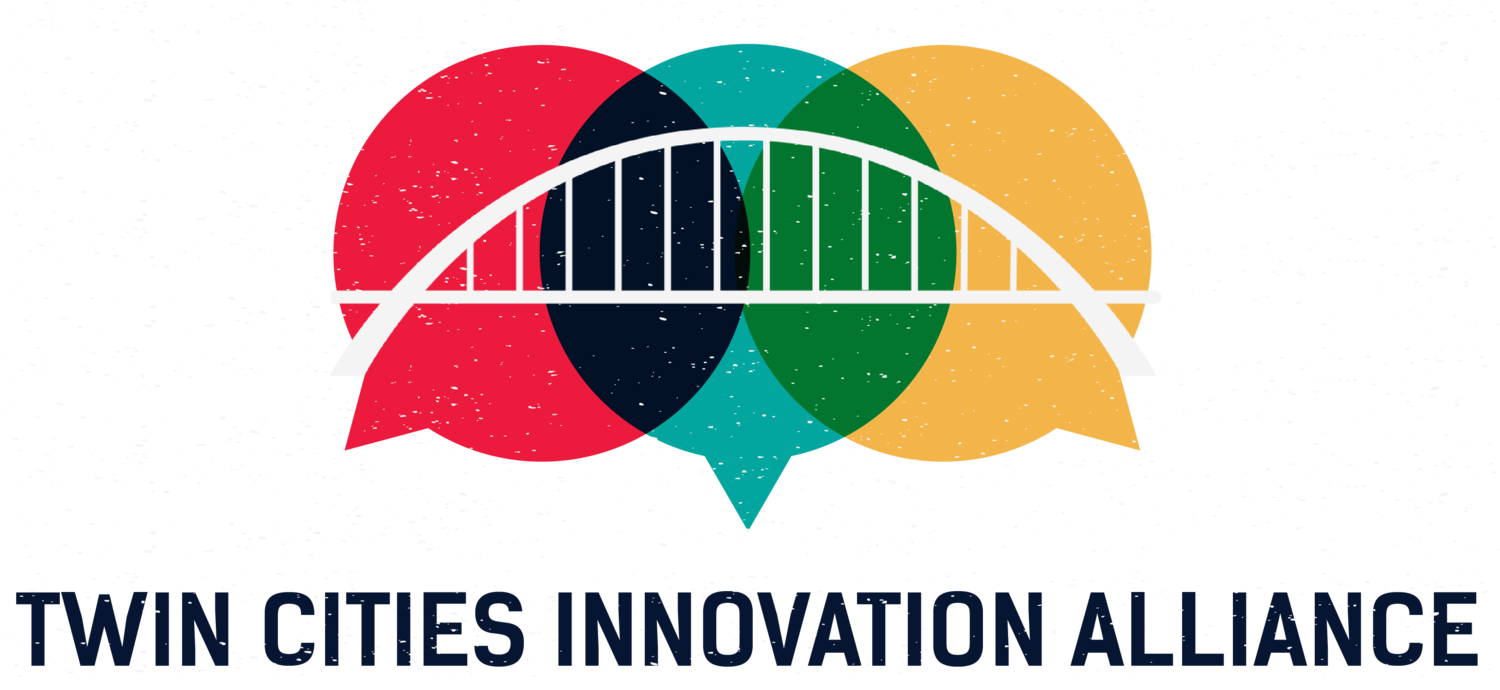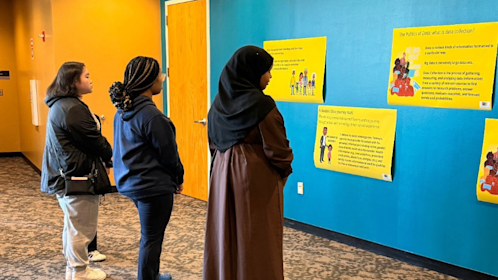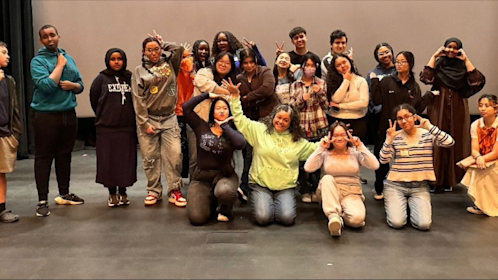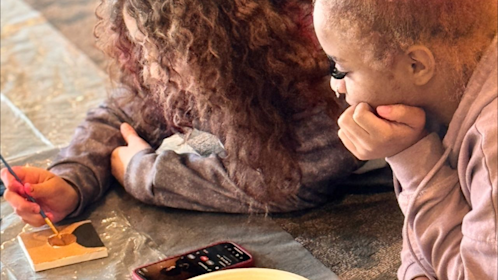RJSC Photo Gallery
Explore moments from our events and initiatives
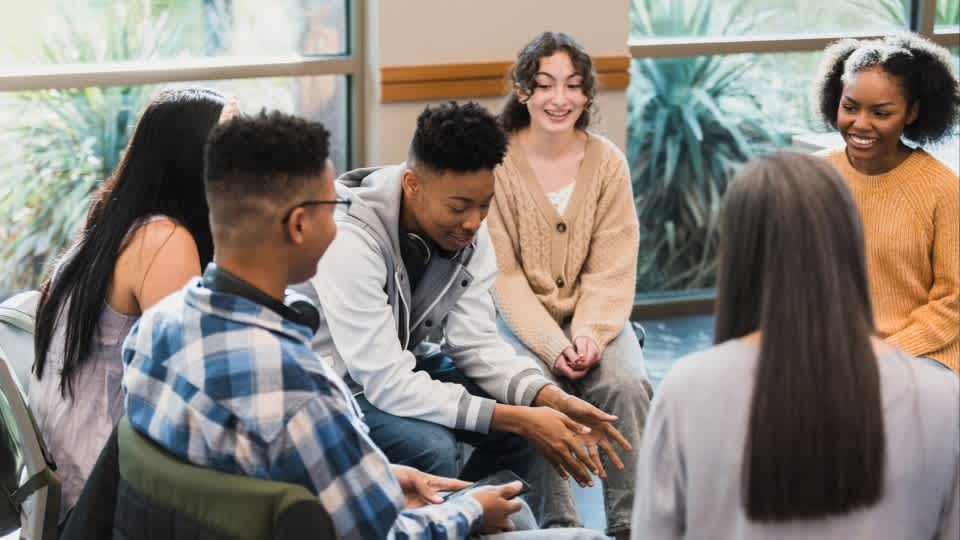
Racial Justice STEAM Collective
In 2025, the Science Museum of Minnesota (SMM) transitioned its Racial Justice STEAM (RJ STEAM) Collective Initiative from the Museum Access and Equity Department to the Twin Cities Innovation Alliance (TCIA) as a standalone program. TCIA's role as one of the founding partners of the museum's RJ STEAM initiative helped both the SMM and the Collective's partner members agree to the move. As the programming moved to TCIA, the name became The STEAM Collective to capture the expansion of programming.
While the work of the now-called STEAM Collective will remain intact, the STEAM Collective will also serve as a catalyst for an intergenerational STEAM cultivation pipeline that will:
- Engage youth interested in STEAM career pathways (Ideathons, learning cohorts, YPAR)
- Connect STEAM Educators and the field (communities of practice, learning exchanges)
- Partner with organizations, schools, and institutions delivering training, curriculum, and summits to raise awareness and deepen outreach strategies
Open Innovation Challenge 2025
Join us in May 2025 for the Racial Justice STEAM Collective (RJSC) Open Innovation Challenge! This year's youth-focused event will take place in the Fargo-Moorhead area.
This program centers on empowering Black, Indigenous, and people of color youth ages 15-18 and 19-23. Participants will come together to brainstorm solutions to an issue at the intersection of race/culture and science, technology, engineering, art, and math (STEAM). The format is similar to a hackathon, except that rather than working on a computer and engineering, students are encouraged to collaborate and ideate directly, using a variety of means to deliver their solutions, including presentations, models, posters, zines, and more.
What will the topic be? Join us for Conversation Cafe events on Sept. 21 and Sept. 22, 2024, to discuss issues facing your community. After concluding the Conversation Cafe sessions, the RJSC will select a topic based on relevance to the community and begin research efforts into that topic and relevant partner acquisition. Once we have identified the issue at hand, we will begin the Open Innovation planning and delivery, with the goal of hosting the event in May 2025!
Fill out an interest form here for more information, or email Angel Swann at aswann@smm.org with questions.
About the RJSC's Youth Summit 2024
Over the course of two Saturdays in March 2024, youth participants came to the Science Museum of Minnesota to explore the many intersections of race and health, engineering, environmental justice, and technology.
At the March 16 event, participants learned about the intersections of race and engineering with partners from the University of Minnesota Libraries, then dug into race and environmental justice with social justice advocate and teaching artist Eshay Brantley.
In the March 30 session, participants took a look at the intersections of race and data with Shayna Karuman and Marika Pfefferkorn, supported with a zine from Sophie Wang, then investigated the intersection of race and health care with a variety of Black, Indigenous, and people of color health care professionals and circle keepers.
How did it go? Explore feedback provided from youth participants below
YOUTH SUMMIT STEAM COLLECTIVE
Hear directly from the youth participants about their experiences and insights from the RJSC Youth Summit.
History of the Racial Justice STEAM Collective
The relationships and projects of the RJSC grew from the Science Museum of Minnesota's long-standing commitment to working through the lens of race. Several of the future RJSC members served as consultants and advisors in the development of the RACE: Are We So Different exhibition. These networks continued to expand as we developed smaller footprint RACE models in partnership with organizations in the Twin Cities, Fargo-Moorhead, Rochester, and Worthington.
By exploring deep relationships and trust-building through consistent engagement, these relationships evolved into what became the RJSC. Through initial funding from the National Science Foundation, this group created youth leadership development programs, podcasts, and digital board games. Check out some of the results of that work here.
With support from the Association of Science and Technology Centers' Cultivating Community Science Stipends program, the RJSC is now working to develop youth-focused racial justice workshops that travel throughout the Great Lakes region. The RJSC is committed to repositioning museums as learners, supporters, and facilitators — rather than the sole experts, teachers, and holders of knowledge — while community members are repositioned as the primary decision-makers and deliverers of empowerment and expertise.
Meet the Racial Justice STEAM Collective Members
The RJSC's work is built on the cross-regional connections of our group members.
Goals of the RJSC
The RJSC's long-term goals are to utilize our cross-regional connections to bring youth-focused racial justice summits to every community that our group members represent. By developing a framework or toolkit that demonstrates our deep model of power-sharing, we aim to change the museum and educational fields through:
Mentorship Models
Creating new entryways to the STEAM-pipeline, support career development, and support ongoing community efforts
Project Expansion
Developing a network of Black, Indigenous, and people of color STEAM professionals that grows beyond our initial regions
Self-Sustainability
Transitioning this work to being driven by partners, individuals, and organizations
Impact on Participants
What are the impacts on participants and community members?
Empowerment to Autonomy
We want participants to walk away recognizing the power that they have to make a difference in their communities.
Collaboration Experience
Power-sharing models and community-first engagement practices can change the way participants think about collaboration and project management.
Resource Access
Access to resources, connections, and research that allow deeper connections between participants, partnering organizations, and STEAM professionals.
